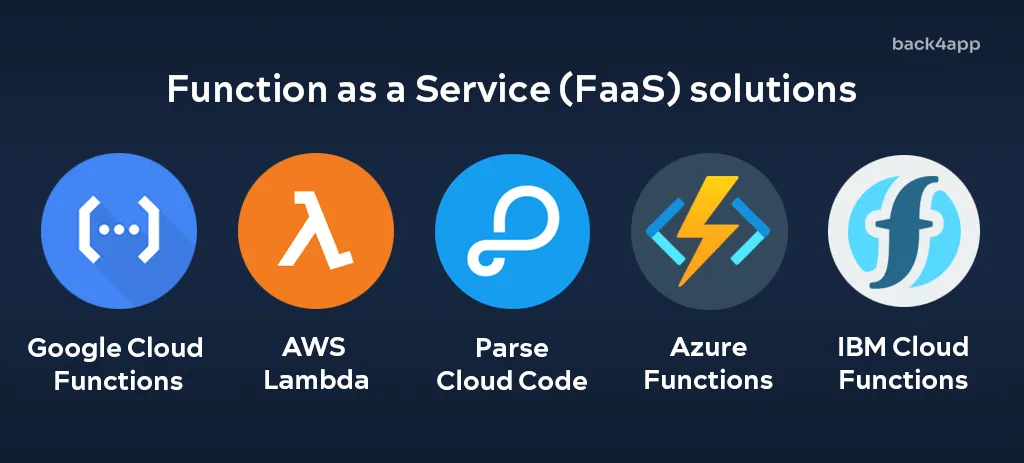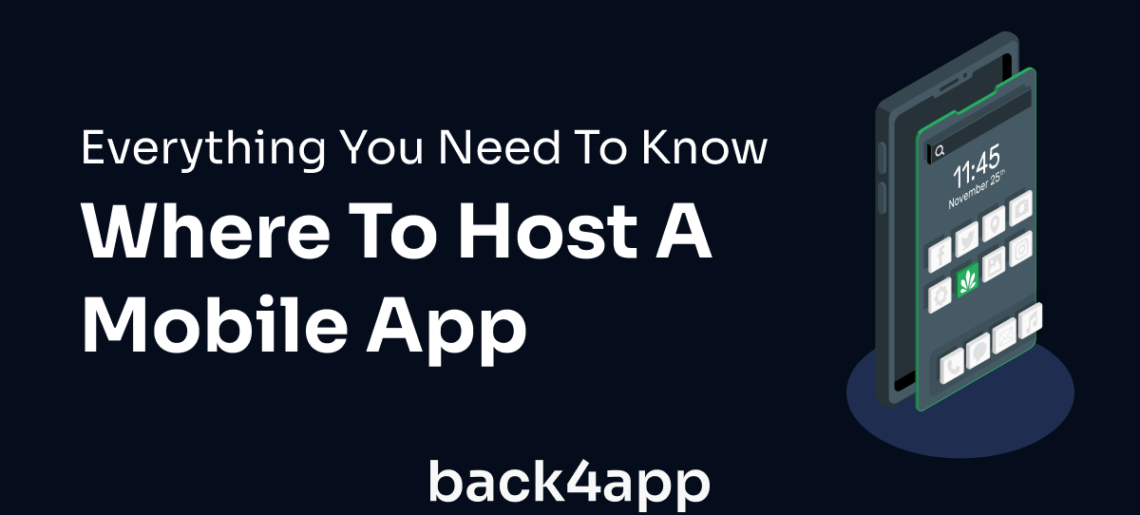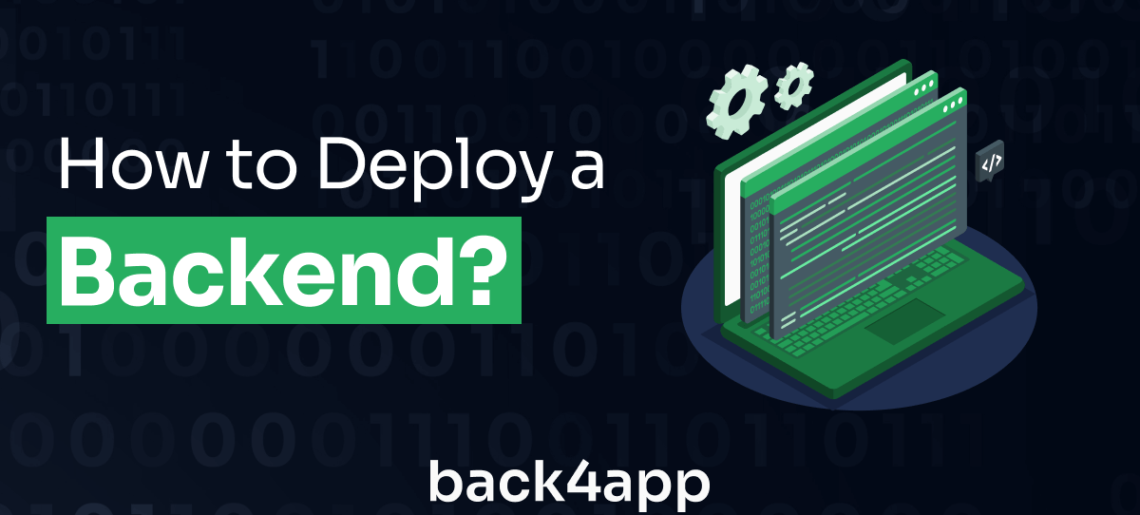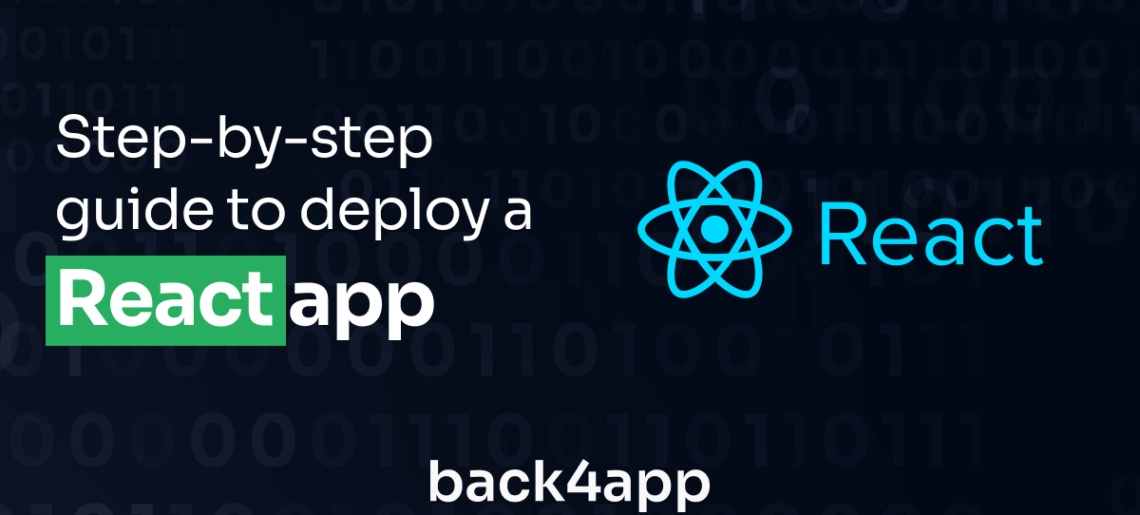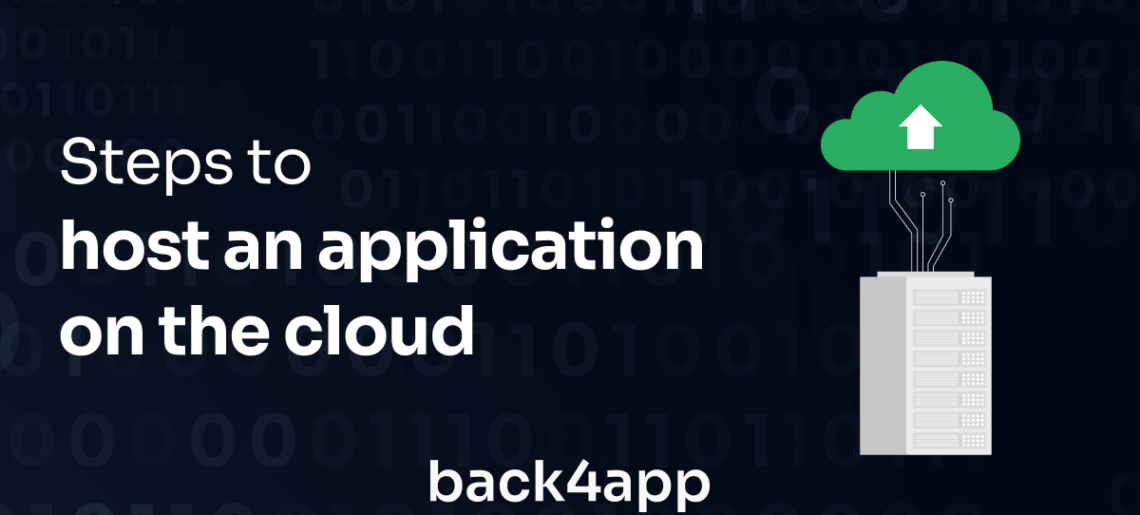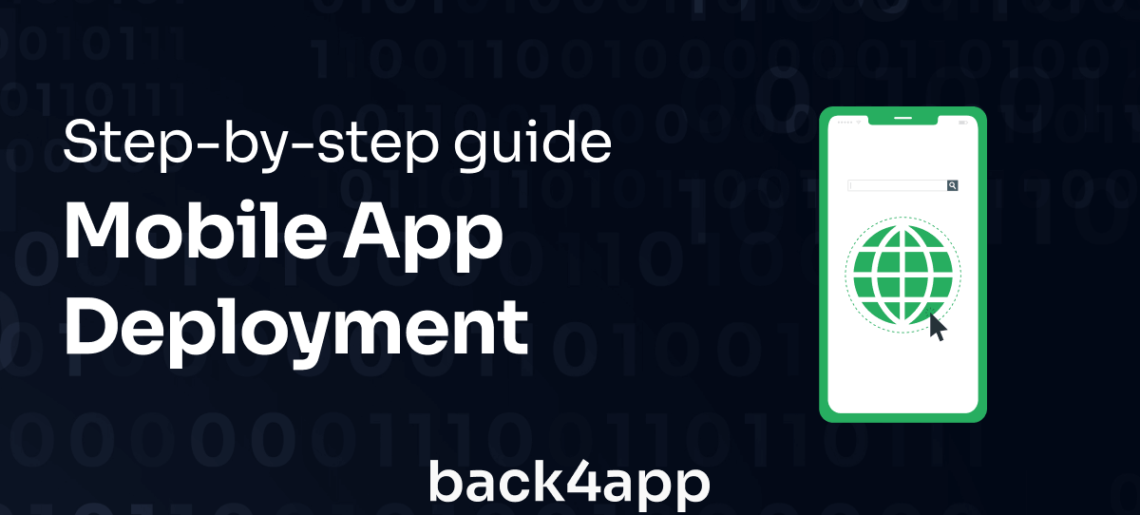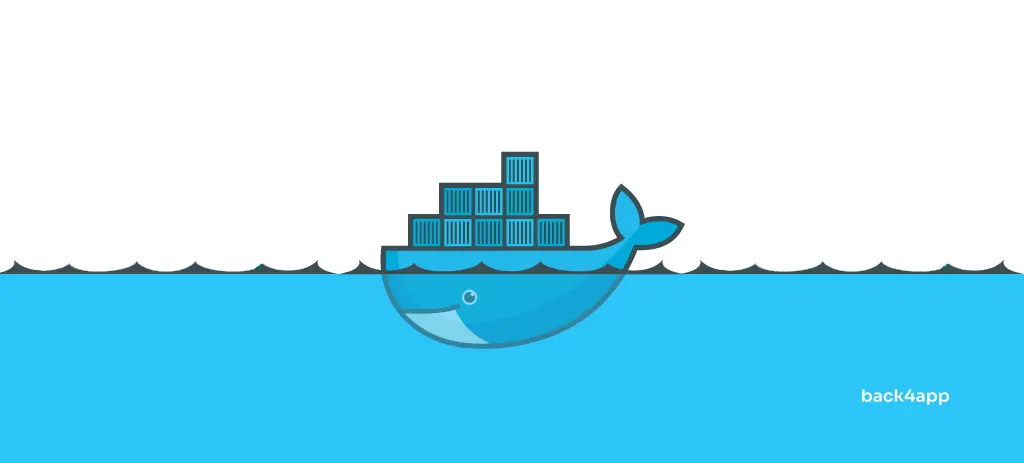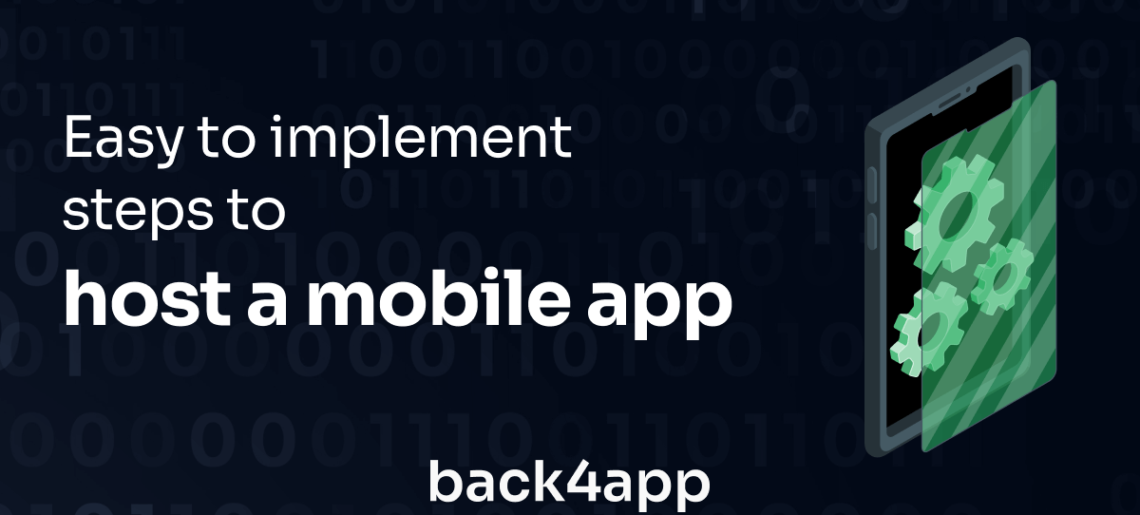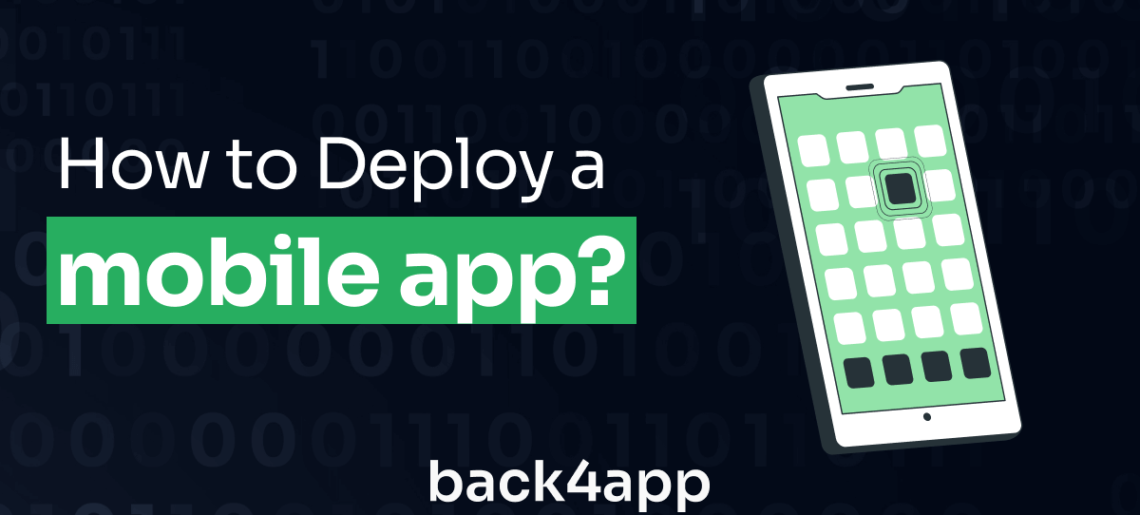A backend is a server-side component of a web application that stores data. It consists of an application programming interface (API), database, and web server layer. You can deploy a backend on various technologies such as Java, Node.js, or Python. A better alternative is learning how to deploy a backend using managed services.
Deploying a backend involves ensuring that all components are running in the cloud. It also means ensuring they are secure and stable. It is a complex process requiring knowledge about configuring server-side technologies. These technologies include databases, web servers, and networking protocols.
A backend is essential for any web application. It enables data sharing between the client (web browser) and server. Without a backend, clients couldn’t access dynamic content or complete complex tasks. According to Future Market Insights, the BaaS market may to grow from 2022 to 2032 with a CAGR of 24.6%.
Many managed cloud services offer automated deployment options. These can help streamline the deployment process. These services allow users to deploy their backend with a few clicks. Many managed cloud services provide features such as scalability, observability, security, and more. These can help ensure the performance of the deployed application.
Keep on reading!
